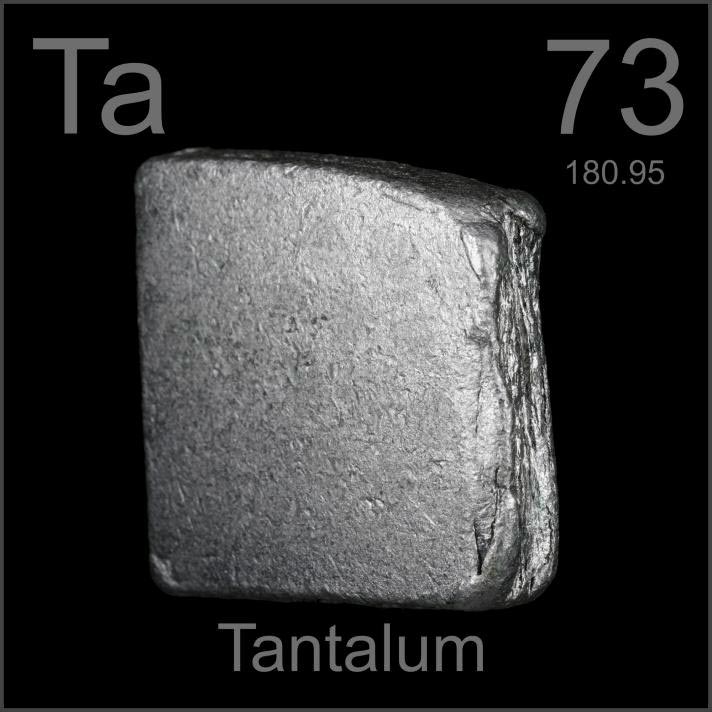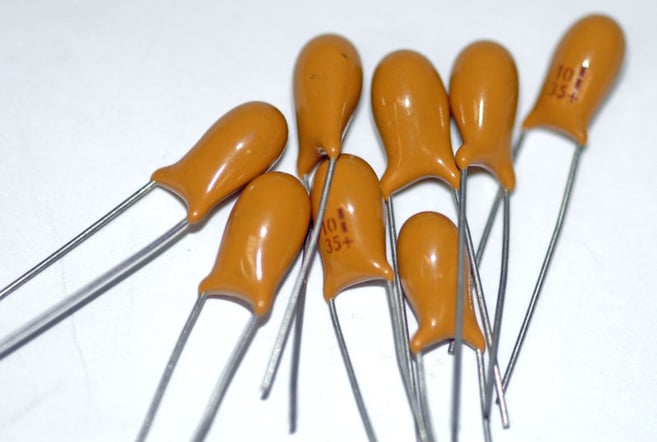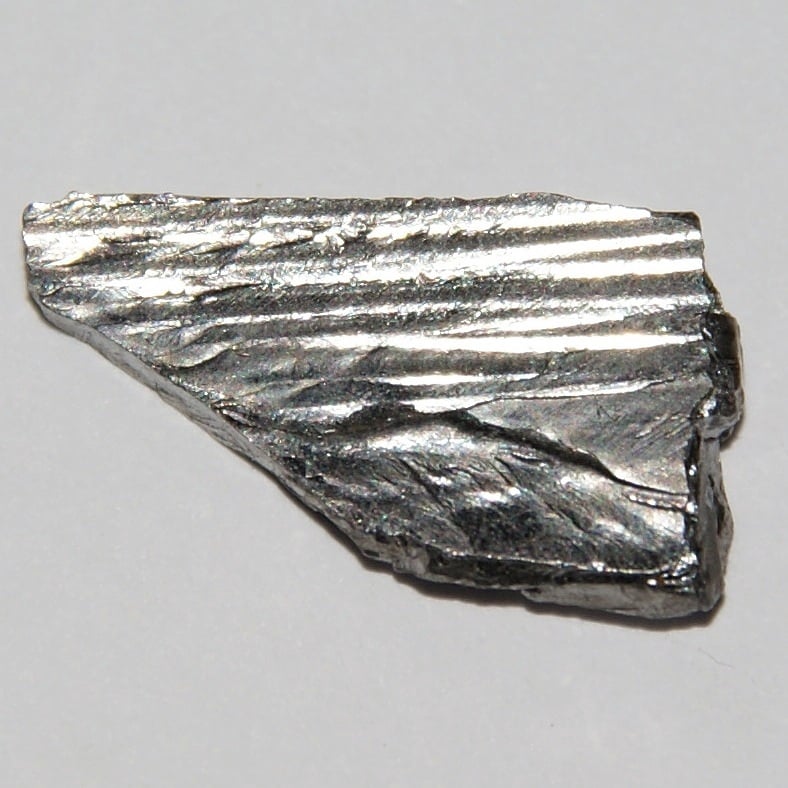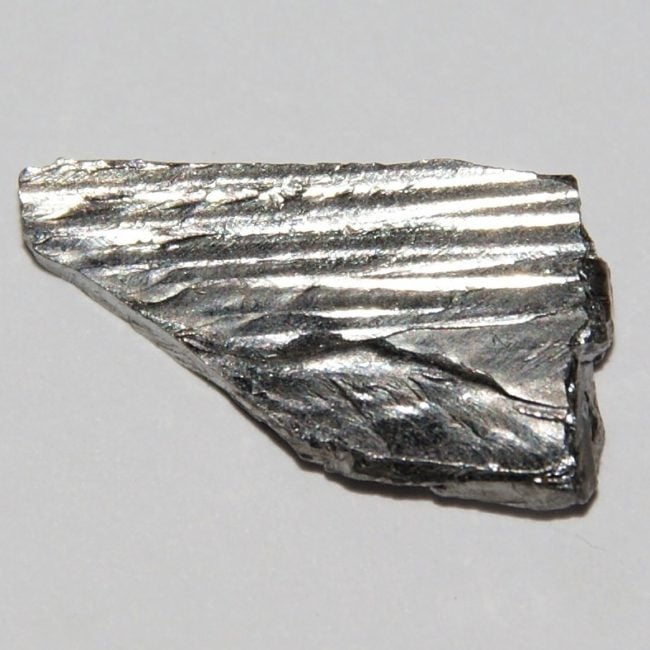
We recently had a customer ask about the PCNC 770 and its cutting capabilities. After some conversation about the machine’s ability to cut anything that you can put under the spindle – it all just depends on feeds, speeds, and how long it takes to cut – the customer cut to the chase: “Can it mill Tantalum?” Never heard of Tantalum? It raised a few eyebrows around here as well. This metal is found on the periodic table under transition metals and is just a few columns away from platinum. Tantalum is renowned for its ability to resist corrosion by acids and an extremely high melting point of 3017° C, as well as being highly conductive of both electricity and heat. 
Tantalum finds itself in many of the electronics we use every day, being used to make capacitors and high-power resistors. But, what’s more interesting, we also see this hard metal being used in alloys for making everything from superalloys for jet engines and nuclear reactors to making carbide tools for metalworking. So, this stuff is used to make the tools used to make things. Tantalum is also bioinert, which means it does not initiate a response or interact when introduced to biological tissue. Because of this bioinertness, combined with a high stiffness, Tantalum is used in a number of surgical instruments and implants. It’s also non-magnetic, which means that implants made out of tantalum are safe in MRI machines and the like.
Read: 4 Things We All Hate About Aluminum
Tantalum can be compared to titanium when it comes to hardness, but the machining process might be a bit trickier. Titanium is hard, but chips break away from the material fairly easily. This is thanks to properties relating to crystalline structures and chemical make-ups, which is far above my pay-grade to try and explain. Tantalum, while similar in hardness to titanium, is gummier, meaning the chips don’t break away quite so cleanly, leading to a more challenging cutting process.  Also like titanium, tantalum isn’t cheap, ringing in on average at $60 per pound, but you get what you pay for. Nothing will beat old fashioned steel and aluminum, but refining processes are always becoming more innovative and exotic metals, like tantalum, have their place – and it’s growing.
Also like titanium, tantalum isn’t cheap, ringing in on average at $60 per pound, but you get what you pay for. Nothing will beat old fashioned steel and aluminum, but refining processes are always becoming more innovative and exotic metals, like tantalum, have their place – and it’s growing.


